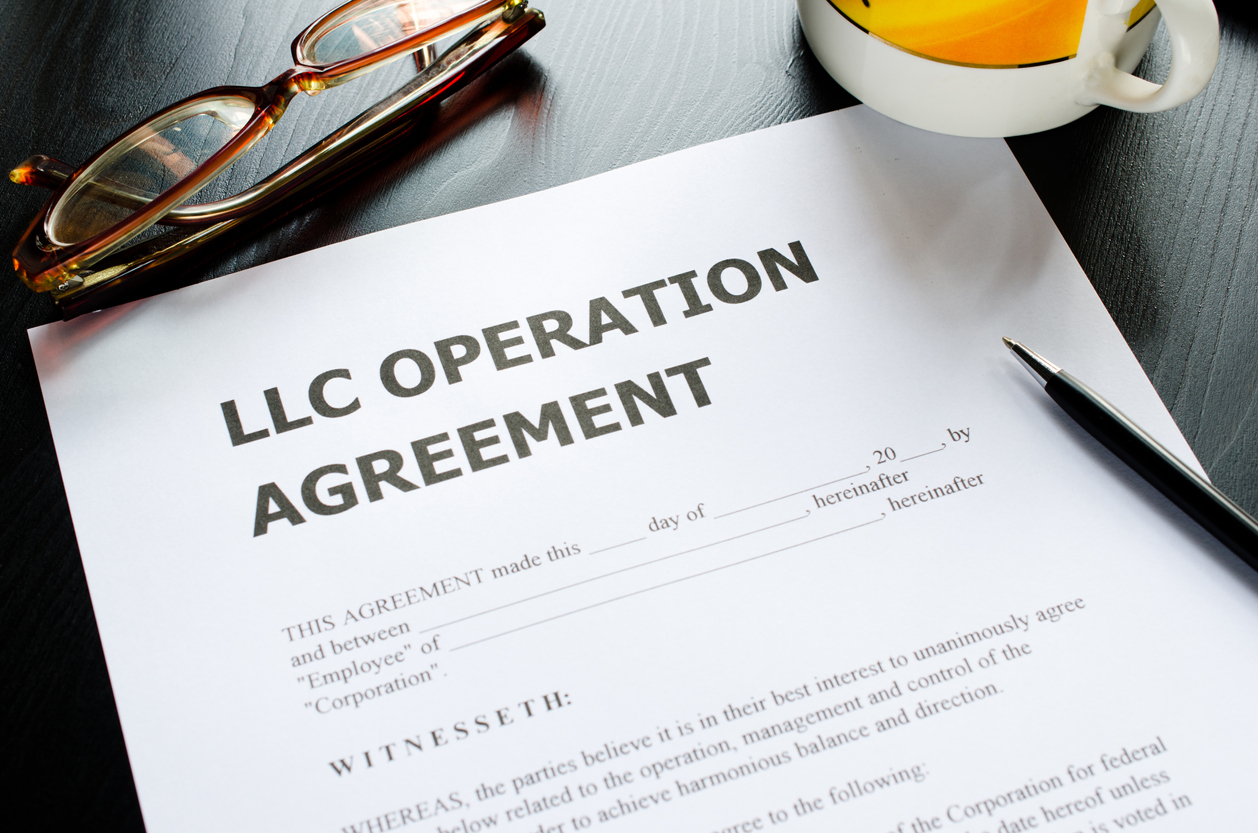A limited liability company (LLC) in South Carolina can take several different forms, from a single-member LLC as a sole proprietorship, to a professional LLC like a law firm, to a real estate development LLC that could have many members. All LLCs must have a manager and a designated agent for the service of the process.
An LLC can appoint officers, select managers, and hire employees. An LLC can have key officers similar to other forms of business entities, like a Chief Executive Officer (CEO), Chief Financial Officer (CFO), President, Treasurer, and Secretary. A South Carolina business attorney can talk with you about our state’s laws that affect LLCs and help you develop a robust strategy for your business venture.
Why Does South Carolina Require LLCs to Designate a Registered Agent?
When someone wants to file a lawsuit against an LLC, they need to be able to serve the papers on someone. An LLC is a separate legal entity. An LLC does not have a physical presence that can get handed legal documents for personal service.
When you sue an individual, an authorized person like a sheriff can go to the person’s house and hand them the lawsuit papers. Several business structures must designate a specific person as the agent for service of process in the event that the LLC gets sued.
If a business operates as a simple sole proprietorship, someone with a legal claim can serve the owner of the sole proprietorship personally with lawsuit documents. If a sole proprietorship operates as an LLC, like a doctor’s solo medical practice, a plaintiff would have to serve the LLC’s registered agent for service of process.
Who Can Be a Manager of an LLC in South Carolina?
A South Carolina LLC can have a manager that runs the business, or a member of the LLC can manage the company. Also, if the LLC is in the hands of a receiver, trustee, or some other court-appointed fiduciary, that party’s powers could include managing the company.
What Are the Advantages of an LLC in South Carolina?
It is usually quicker and less expensive to set up an LLC than a corporation in South Carolina. Start-up businesses find this fact attractive. If the start-up does not launch or shutters after a short time, wrapping up an LLC takes far less work than terminating a corporation.
You only need to draft articles, an operating agreement, and perhaps get an EIN from the Internal Revenue Service (IRS) to form an LLC. Creating a corporation requires articles, bylaws, an EIN, stock certificates, and minutes or meetings.
While LLCs are less formal than corporations, an LLC protects the personal assets of the member or members from liability claims. For example, if an accountant operates as a simple sole proprietorship, someone could sue this professional and go after the individual’s personal assets. If that same accountant did business as an LLC, with a few exceptions, the individual could only lose the assets that belong to the LLC in the event of a judgment against the company.
A South Carolina business attorney can evaluate your situation and draft the documents your company needs. Contact our office today to set up a consultation.










